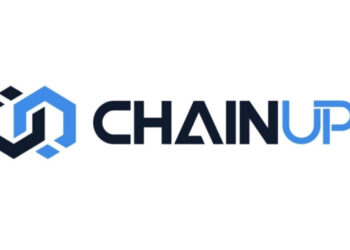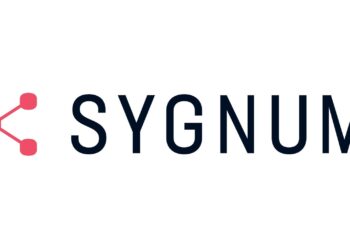Tether Limited, the issuer of the popular stablecoin Tether (USDT), has taken action against an address that defrauded Maximal Extractable Value (MEV) bots of $25 million. The company blacklisted the address, which contained approximately $3 million in USDT and $21 million in other ERC-20 tokens at the time.

The attacker exploited a vulnerability in the MEV-boost relay to trick the MEV bots attempting to execute a sandwich trade. Sandwich trading involves placing an order just before and after a trade, “sandwiching” the initial pending transaction between a front-run and a back-run.
This exploit is considered the most significant MEV vulnerability to date, as the malicious validator address was able to back-run the MEV’s transaction, resulting in losses totaling approximately $25 million in various digital assets. The address has already been identified as being linked to the attack by Etherscan.
While some community members opposed the blacklisting of the malicious validator address, citing concerns over censorship tactics, others argued that MEV bots have been exploiting retail users for years without consequence.
MEV Bots have been slaughtering retail users via sandwiching for years. Nobody blacklists them.
Someone dare fool a MEV bot and give them a taste of their own medicine and they get blacklisted.
Makes total sense.
(yes probably legal proceedings come behind this but still…) https://t.co/mUDN7bCAC5
— Lefteris Karapetsas | Hiring for @rotkiapp (@LefterisJP) April 10, 2023
Arthur, an engineer at the Kraken cryptocurrency exchange, described the blacklisting as “bullshit.” He claimed that MEV bots also exploit traders and that the sandwich transaction they attempted to execute was as deceitful as the theft of their assets.
that’s bs, mev bots take advantage of mfers and it’s all good but someone does it to them and they get blacklisted?!
— Artur (@tmuxvim) April 10, 2023
In response, ZachXBT, another on-chain investigator on Twitter, suggested that Tether’s blacklisting could be due to a court order.
MEV bots use their knowledge about upcoming transactions to maximize profits, often employing arbitrage techniques that take advantage of price disparities between exchanges.
When an MEV bot learns that another party is about to make a bid on a particular coin, it positions itself to profit from the anticipated minor price increase. By initiating the trade ahead of time, the bot can purchase the currency at a slightly lower price than the other party. The bot then bypasses the trade and buys the coin for a lower price, securing a profit in the process.
If you want to read more news articles like this, visit DeFi Planet and follow us on Twitter, LinkedIn, Facebook, Instagram, and CoinMarketCap Community.
“Take control of your crypto portfolio with MARKETS PRO, DeFi Planet’s suite of analytics tools.”





















